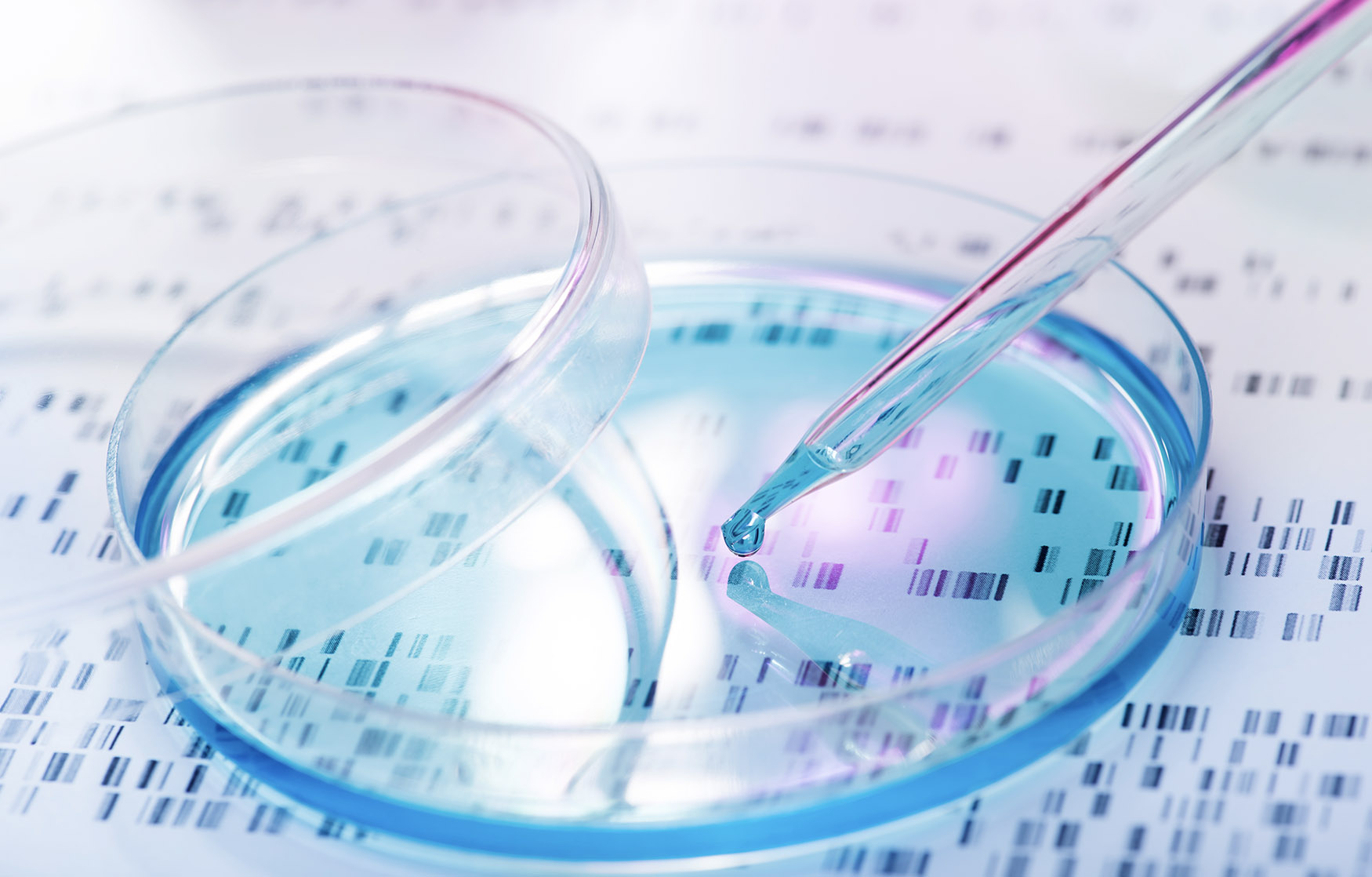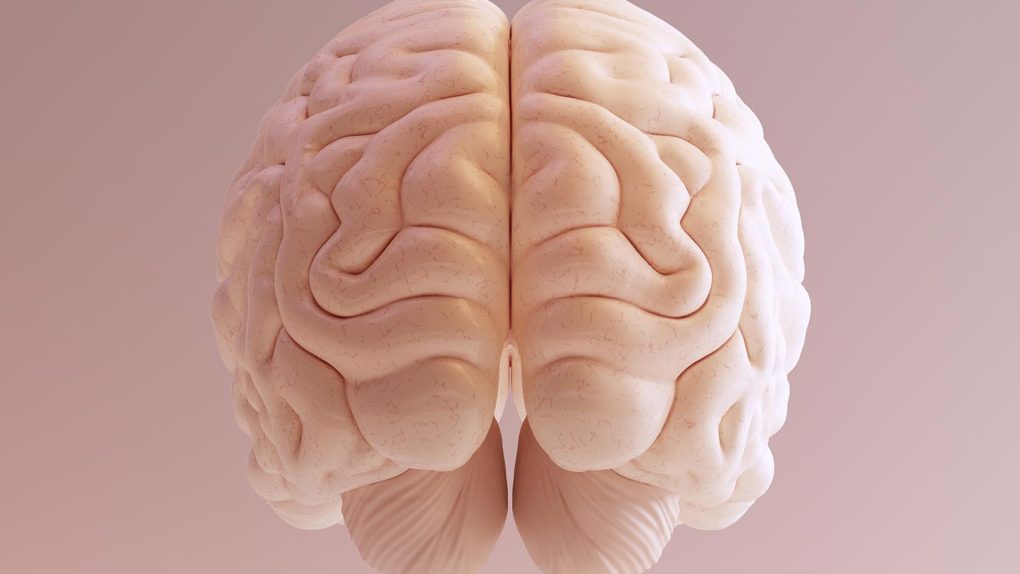Scientists plan to create biocomputers using minibrains powered by human brain cells. A new paper published in Frontiers in Science says the aim is to create a new multidisciplinary field called “organoid intelligence,” or OI. At the moment, scientists are working on using lab-grown minibrains to try to create super-efficient biocomputers.
The new term is meant to establish the field as a “form of genuine biological computing that harnesses brain organoids using scientific and bioengineering advances in an ethically responsible manner,” the paper explains. These new biocomputers are made up of lab-grown minibrains, which are essentially small 3D objects consisting of stem cells.
The cells are designed to mimic the shape of the brain, as well as the brain’s ability to learn. The scientists hope that these biocomputers could represent a massive leap forward in computer power. That’s because silicon-based computers are great with numbers. But, the brain itself is much more effective at learning. Biocomputers that utilize lab-grown minibrains could hopefully push the field into the spotlight.

Scientists have already taught these minibrain biocomputers how to do a number of different things. We’ve already seen brain cells in a dish learn to play Pong, for example, showcasing how much faster these biocomputers can learn compared to traditional computers and artificial intelligence. We also saw scientists combining lab-grown minibrains with the brain of a living rat in a twisted experiment at the end of last year.
These movements within the field aren’t unrelated by any means, as they show the overall ability of these minibrains to compute and learn faster than traditional computer systems. Of course, scaling them up beyond their current capabilities is another factor that researchers will have to take into account. In the meantime, though, these lab-grown minibrains have shown exceptional promise.
The field of organoid intelligence may have just begun to break through the ice, but so far, it’s showing some exciting propositions that, once scaled up and improved, could help push computing to an entirely new level.








